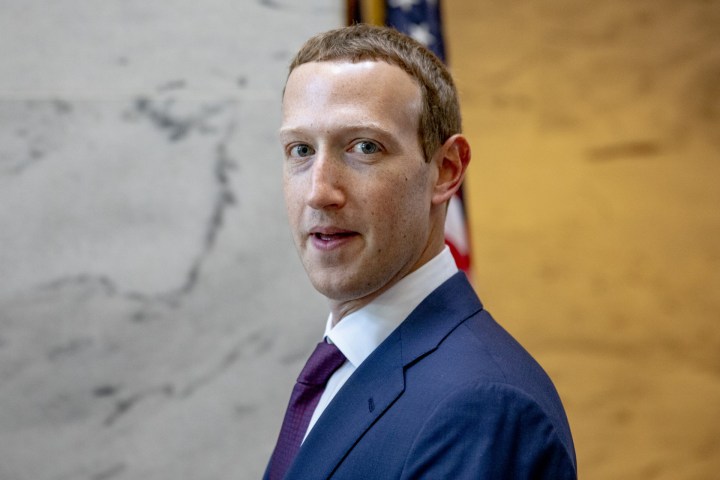
Facebook says it has suspended “tens of thousands” of apps suspected of misusing private user data amid an investigation that it began last year following the Cambridge Analytica scandal.
The social media giant promised in March 2018 to take a look at all of the apps on Facebook that had access to large amounts of user information prior to when it changed its policy in 2014. The resulting suspensions were announced in a blog post on Friday. The investigation began after right-wing political analytics firm Cambridge Analytica improperly mined data from 87 million Facebook users.
“Our App Developer Investigation is by no means finished. But there is meaningful progress to report so far,” Ime Archibong, Facebook’s vice president of product partnerships, wrote in the blog post. “To date, this investigation has addressed millions of apps. Of those, tens of thousands have been suspended for a variety of reasons while we continue to investigate.”
Facebook said that it initially selected apps for investigation based on their user numbers, as well as how much data they could access from user accounts. It has since broadened that investigation to include apps that it thinks have the potential to abuse its policies, a process that involves both a background investigation of the developer, as well as an analysis of the app’s activity on the platform.
The investigation, Archibong wrote, involved “hundreds of people: Attorneys, external investigators, data scientists, engineers, policy specialists, platform partners, and other teams across the company.”
While Facebook says that it removed tens of thousands of apps, it notes that the suspended apps, while plentiful, were only created by roughly 400 developers. An app being suspended doesn’t mean that it was necessarily posing a threat to people, and many were still in their testing phase when they were suspended, so they were never readily available to Facebook’s wider user base.
Facebook says it is not unusual for developers to have multiple test apps that never get rolled out. In some cases, apps were suspended because the developer did not respond to a request for information from
The post goes on to says that Facebook hasn’t confirmed any other instances of misuse to date other than those it has already revealed to the public and that it has taken legal action against a handful of apps for a number of different reasons.
Beyond the investigation, Facebook says it has “made widespread improvements to how we evaluate and set policies for all developers that build on our platforms.” It also removed a number of APIs and has increased the number of people that work on its investigations team in order to better handle them in the future.
Editors' Recommendations
- Meta found over 400 mobile apps ‘designed to steal’ Facebook logins
- Zoom iOS app will no longer send data to Facebook following backlash
- Many private WhatsApp group chat links are searchable on Google
- WhatsApp follows Facebook and YouTube to over 2 billion monthly users
- The Off-Facebook Activity tool lets you take control of your shared data



